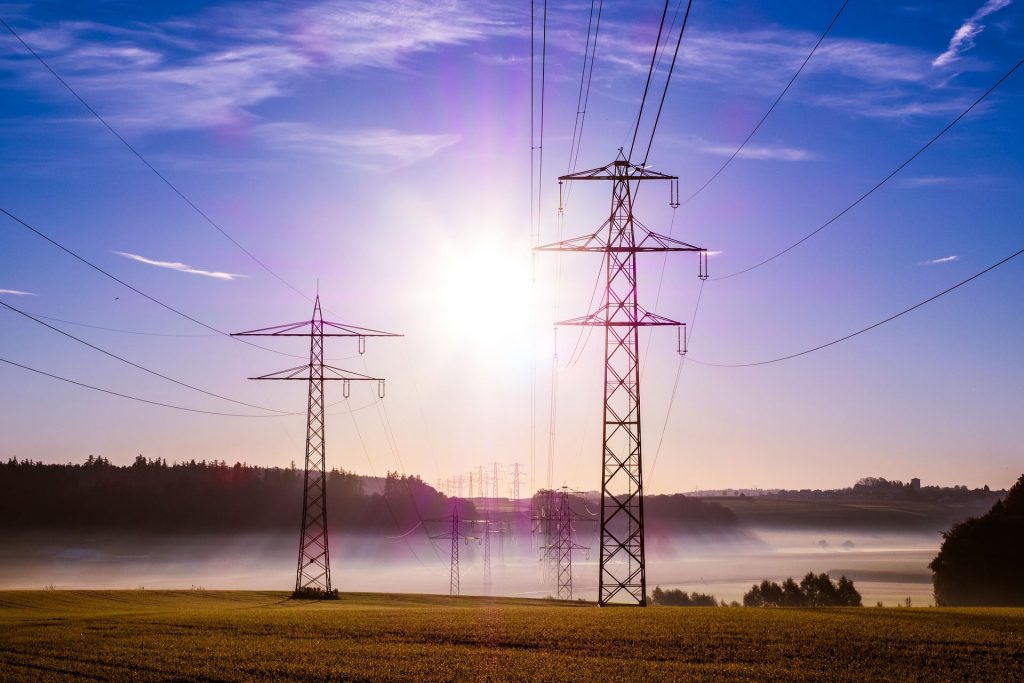Most western co-ops and munis aren’t suspending utility disconnects during the pandemic—with dire consequences for our most vulnerable populations.
During the difficult time of this COVID-19 national emergency, there is a widespread loss of wages and jobs across our states that is disproportionately impacting low-wealth households. And these economic losses are seriously affecting the ability of some families to pay for essential utility services, despite the fact that access to electricity and water utility services are crucial to protecting individuals and communities from the spread of the coronavirus disease.
Recognizing this situation, nearly every investor-owned utility (IOU) in our Western region has decided to halt all electricity disconnects for the duration of the crisis. Several of these have also declared that they are waiving late fees and setting up programs to help customers in crisis. And yet to date, few electric co-ops or public power utilities (munis) in our region have announced similar policies to help their member-owners during the COVID-19 crisis.
This has a profound impact on households across our Western region. Rural electric co-ops serve 92% of the nation’s 395 poorest counties. This means that co-op decisions directly impact the wellbeing of low-wealth households—many of whom were already struggling to make ends meet and who will be hit hardest by this economic downturn.
Rural electric co-ops serve 92% of the nation’s 395 poorest counties. This means that co-op decisions directly impact the wellbeing of low-wealth households—many of whom were already struggling to make ends meet and who will be hit hardest by this economic downturn.
Low-income households also have the highest energy burden (percentage of income that is needed to cover electricity bills) of all US households. This is due to lower incomes, less energy-efficient housing, and limited access to energy efficiency upgrade programs. Again, these disproportionately high energy burdens will only be exacerbated by the COVID-19 crisis.
There are three main measures a co-op or muni can enact that will significantly help households and businesses: a moratorium on all electricity shut-offs and a waiver for all late-payment charges throughout the duration of the crisis, as well as reinstituting any services that have already been cut off due to nonpayment. Additionally, the utility must communicate this new policy to members proactively. Options here include, by issuing a statement, posting this new policy on their website, and/or including it in the next membership newsletter.
Never miss an opportunity to make the West even better: receive our action alerts.
As a member-owner of these utilities, you can make a big difference! By reaching out directly to your utility’s key decision-makers, you can influence them to take action. WORC has pulled together resources for people who want to reach out to their co-op or public utility. Click HERE to access sample letters you can re-use, as well as a handy step-by-step guide to finding out if your co-op is halting shut-offs and how to reach out to your utility.
You can also submit letters to the editor or write an op-ed to alert other people in your community about this issue, and to amp up the pressure on the utility. Click HERE for resources to help you write your letters to the editor or submit an op-ed.
It’s worth pointing out the co-ops and public utilities that have publicly announced a halt to utility disconnects, like PreCorp and Yampa Valley cooperatives in Wyoming, and Lincoln Electric, Flathead Electric, Glacier Electric, and Fall River Electric Cooperatives in Montana. In Montana, Governor Bullock’s directive for a moratorium on all utility disconnects in the state does apply to co-operatives, but co-ops must decide if they will waive fees in the meantime. This waiver is critical so that households aren’t slammed with three months of utility bills in the middle of the summer.
WORC has pulled together resources for people who want to reach out to their co-op or public utility. Click HERE to access sample letters you can re-use, as well as a handy step-by-step guide to finding out if your co-op is halting shut-offs and how to reach out to your utility.
Also, reaching out to your co-op or public utility is not just about shaming them—you can provide them with useful insights and resources. For instance, the recently passed federal stimulus bill the CARES Act allocated funds that co-ops could access to mitigate a loss in revenues. For instance, it added substantial additional funding to the USDA’s Rural Utility Service programs; much of this funding could help co-ops and rural utilities continue to provide reliable service and not disconnect anyone’s power. Co-ops should reach out to the USDA and inquire about applying for these new grants and low-interest loans.
It would also be easier for our rural utilities to halt disconnects if they have the support from the state and from their power supplier. A governor’s directive, like in Colorado and Montana, can set the bar to stop disconnects—additional help from the state to help with small, cash-strapped utilities would be a good follow-up step. Additionally, a distribution co-op or muni can reach out to their supplier (perhaps a Generation and Transmission cooperative) and try to figure out a delayed payment or loan plan so that the smaller utility can feasibly declare a suspension to disconnects. When you reach out to your local utility, these can be options you suggest as part of the solutions.
Finally, reaching out to your co-op or public utility is not just about shaming them—you can provide them with useful insights and resources. For instance, the recently passed federal stimulus bill (the CARES Act) allocated funds that co-ops could access to mitigate a loss in revenues. Some utilities are currently weighing decisions to halt disconnects, and a nudge from a member could help them make the final decision. And finally, in our research, we found that some co-ops had made the decision internally to halt disconnects but hadn’t communicated that with their members—or they are waiting for members to individually request a late payment waiver. But very few people would consider asking for a waiver, or if they did, it would probably be too late. That’s why COVID-19 emergency policies should be communicated directly and pro-actively with members, and you can encourage your utility to take the first step. Remember, public utilities and rural electric co-ops are owned by the members. You have a say in how your utility is managed and run. Now is a great time to exercise your power as a member-owner and help your utility help their entire membership.
If you have questions or would like help in reaching out to your utility, email WORC’s regional organizer Kate French (kfrench@worc.org).
Learn more:
The Battle for Clean Energy in Colorado Falls on Rural Power Co-ops
Co-op Members Lead the Fight for Rural Clean Energy
Why Western States Should Support Extending the Solar Investment Tax Credit

Help create a just and equitable West. Support WORC today.

